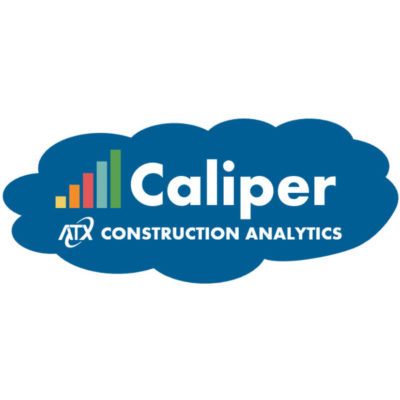The Importance of Data Governance for Community Finance Organizations
Data governance is a critical and often overlooked element of tech forward organizations. It ensures organizational alignment around the data elements collected and reported on, improving the quality of data relied upon for operational insights, compliance reporting, and executive decision-making. Within organizations, data governance can often be deprioritized or delegated to each individual department. For an organization to mature and grow its technology infrastructure there must be a coordinated strategy around data from the point it enters the IT environment through its output as a reporting deliverable. A well-functioning data governance structure includes alignment of people, process, and technology around the data strategy.
-01.png?width=395&height=395&name=2025%20Q2%20Newsletter%20Images%20(Real)-01.png)
-03.png?width=323&height=383&name=2025%20Q2%20Newsletter%20Images%20(Real)-03.png)
To get started with improving your organization’s data governance there are several actionable steps that can be taken.
Take Inventory of Key Data Elements
An organization’s data universe consists of thousands of data fields and trying to create a comprehensive data dictionary including every data point you use is time consuming and not the best place to start.
-02.png?width=448&height=448&name=2025%20Q2%20Newsletter%20Images%20(Real)-02.png)
Instead, look at your data universe from the top down, what are the common dimensions you use across systems that are critical to your organization? Common dimensions are categorizations that allow users to filter and slice data cross-functionally. These may be things like Service or Impact Area, Region, County, Fiscal Year. Common dimensions should be centrally defined and maintained to ensure consistency across systems and teams. Then taking a step forward, organizations should evaluate the shared primary data elements. These are things like contacts, companies, or loans. These elements are tracked in multiple systems and interacted with by many staff members. For example, a borrower contact may exist in a CRM system and loan servicing system. For these datasets it’s critical to track which of your systems is the source of truth for data validation and reporting accuracy.
Establish Clear Data Ownership and Accountability
Defining roles and responsibilities around data ownership is critical to establish accountability across the organization. Data stewards can be identified within each department, for each core system, or at an organization-wide level depending on the volume of data elements and the subject matter expertise required to effectively manage the data.
Data stewards have a deep understanding of department level data, business processes, and systems utilized. They are expected to understand how data is structured and ensure sound practices are followed for data collection and management within the department.
Some organizations implement data governance committees or working groups which are cross-functional teams tasked with developing policy and resolving issues around data management. The cross-functional aspect of these committees ensures all key datasets and systems are represented when key decisions are made about the data environment.
Develop Data Quality Standards
Garbage in, garbage out has always been the guiding principle for those who understand the impact of data quality. Within each organization it’s important to develop standards around data accuracy, consistency, and completeness. This can take many forms like regular audits of key datasets, automated data quality reporting, setting up system controls that require certain fields, or using field types to restrict data inputs or validate formatting. Taking stock of which key data points (e.g. addresses, demographics, business details, etc.) suffer most often from data quality issues can be a good place to start. The approach to controlling or monitoring data quality might look different depending on the data type.
Conclusion
Data governance is a critical part of any organization’s technology strategy. Especially for institutions that manage a wide variety of portfolio datasets, funder compliance requirements, and impact measures, having confidence in the accuracy and completeness of your data starts with strong practices around how you manage your data elements. With better data quality organizations are empowered to use the data they collect for improved executive decision making and leveraging insights to broaden their community impact. We encourage community finance organizations to assess their current data governance framework and reach out if you need any help charting a course forward.




